I got exhausted last time of chronicling the most controversial and dramatic films I could find in Southern African history, but I believe I can pick up where I left off with some remarkworthy drama inducing films throughout history.
As you guys can imagine, the lionshare of sneeeed films would be those banned by the Apartheid regime's all powerful censor board, which had a hand in preventing both black and white citizens from seeing anything the regime considered amoral - be that polluting modern society with degeneracy like race-mixing, showing communism in a positive light, or stating anything even even remotely critical of the regime. Even white filmmakers could be jailed for a decade and up, depending on whether the Censor Board wanted to make an example of them.
It's also ironic that the most controversial black-made films, those usually critical of the NP regime, would only be seen mostly outside the borders of the Union of SouTh Africa, in foreign liberal countries like America, where other liberals would shower them in awards, yet the average black person in SA itself would remain in total ignorance of the Film's existence.
1981 - FILMS BANNED BY THE SA CENSOR BOARD DURING THE VIDEO CASSETE ERA:
Known by burgers as the VHS (Video Home System), the VHS were analog video recording on tape cassettes invented in 1976 by the Jap company - Japan Victor Company. There were various video cassette products floating globally all over earth long prior to the 1980s, and from different nations who all were in a "format war" to design and engineer the superior Motion Picture recording devices.
The technology for magnetic tape video recording had existed in the global television industry since the 1950s, but these devices were expensive and specialized, and mostly used in professional environments. By the 1970s, magnetic videotape technology became affordable for home use and widespread adoption globally, but the market was distorted and diversified over many different models and products.
When the Japs arrived in the form of the Japan Victor Company, which had invented the VHS in 1976, they near instantly dominated the video cassette market. The VHS cassettes were cheap, reliable, easy to use and store, and thus VHS emerged as the dominant home video format throughout the tape media period.
Like most nations, South Africa suffered from the 5 year rule - in that it took about 5 years for the latest cutting edge innovative technology, which is commercially available in Burgerland public, to filter its way into SA public hands, as the devices became cheaper and more widespread. Even today in modern cellphone innovations, you can see the 5-year rule in action: BlackBerries, touchscreens, Smartphones, Androids, Iphones, all took about 5 years average for the "everyman" SA public to enjoy the same as their burger peers. So too was it with the VHS.
Released by 1976 in America, the VHS would later find its way in South Africa in 1981, and became instantly popular as format for storing film. The VHS would be primary storage for movies in South Africa for the next 25 years, until DVDs arrived.
Video cassette recorders caused a revolution in the industry, spurring on film rentals for home viewing, and giving birth to the retail industry. This was followed by the launch of the black television services TV2/3 by the SABC.
==============
IN CHRONOLOGICAL ORDER IN WHICH FAMOUS BANNED FILMS APPEARED HISTORICALLY:
http://blogs.uct.ac.za/memory/2019/05/unbanned-the-films-south-africans-were-not-allowed-to-see/
Saturday Night at the Palace (1982): "Based on the play by Paul Slabolepsky, it is about three characters that meet at a roadhouse one night (two are white, the other is black) and during the course of the film the bubbling pot of racial hatred explodes, leaving one character dead. The black waiter (September) who works there is shortly going on leave to visit his family whom he has not seen for two years because they are forced by apartheid to live in a homeland."
Place of Weeping (1986): "directed by Darrel Roodt and produced by Anant Singh became a landmark film both for the anti-apartheid movement, and for alternative cinema in South Africa. Singh personally financed the film, and it was the first anti-apartheid motion picture to be made entirely in South Africa. Receiving worldwide acclaim, it was released theatrically in the United States and most global territories. It was also the only South African film to play on US TV channel HBO (Home Box Office)"
Mapantsula (1988): "Mapantsula, a crime film that displays black South Africans’ struggle for freedom, directed by Oliver Schmitz and written by Schmitz and Thomas Mogotlane, was banned under the Apartheid regime. The film tells the story of petty-thief Johannes ‘Panic’ Themba Mzolo"
Biko : the Spirit Lives (1988) Biograhphy of Steve Biko, a rights activist as famous as Mandela in SA.
Any Child is My Child (1988): by Barry Feinberg "focuses its attention on the brutality and suffering experienced by black children at the hands of the security forces."
Have You Seen Drum Recently? (1989): "Have You Seen Drum Recently? uses photographs from the Drum magazine archives to document its contribution to the cultural and political life of South Africa. In the 1950s, articles covered the township jazz scene, crime and sport, and documented the hopes, aspirations and despair of the urban, educated black socialites."
Sarafina! (1992): "Sarafina! revolves around students involved in the Soweto Riots. The main character, Sarafina, has to deal with her humiliation that her mother completely accepts her role as a domestic servant in a white household in Apartheid South Africa, while at the same time inspiring her fellow students to rise up and revolt."
======
As you can see what these banned films all had in common was they were highly critical of the NP regime liberal films, and were all near instantly banned by the SA Censor Board, with any copies confiscated and destroyed.
I've never seen any of them, but I think you can go look for them on Youtube as they are virtually unknown. From colleagues they are not good at all, only historically significant because of their anti Union sentiments.
1984 to1985 - TAX CONCESSIONS AND B-SCHEME CORRUPTION IN SOUTH AFRICAN FILMS:
By 1984 Tax concessions for the export of films were introduced. The more spent on export, the greater the amount written off against tax. This motivated SA filmmakers to try an cater to foreign audiences, as by this time anti Union of South Africa sanctions were beginning to go in full swing, and the government had to find schemes to make money from all sorts of abnormal ways.
Additionally by 1985, the South African Censor Board had also began to relax some of its restrictions against showing films for black and coloured peeps in the country. Films of course could absolutely not show anti-government sentiment, but the production of "black feature films" (made by white producers with black actors for black audiences) reached an all time high.
https://www.tandfonline.com/doi/abs/10.1080/13696810903488629
Remarkably the government even went so far as to pay out a government subsidy of maximum R80 000.00, based on the number of tickets sold for 18 cents or less.
"Construction boss Tonie van der Merwe, who had provided special effects for filmmakers Louis and Elmo de Witt, spotted an untapped market, having seen the enjoyment by his black employees of the American action flicks at Saturday night screenings. He lobbied the government to set up a subsidy for the production of films for the African market. Together with Steve Hand, a teacher, he established Tugela Films in 1975. In 1981, A-Scheme films for white audiences could earn up to R1.2 million in funding, while the limit for a B-Scheme film was R80 000 and subsidies were only paid out retrospectively based on ticket sales. Van der Merwe produced some 400 titles under the scheme, including the Zulu language film Umbango (The Feud) in 1986."
"To qualify for the subsidy, 75 percent of the dialogue had to be in an indigenous African language and 75 percent of the cast had to be Black. Approval of scripts was not required but the Censor Board had the final say."
Many of these B-movie films were not films at all, but bits of footage slapped together to benefit from the subsidy. There were many subsidy scandals involving cheap and conniving individuals and companies who produced 'visual diarrhea' in order to benefit financially from the government scheme. They would literally edit junk footage together in minimal effort, so in order to create the illusion of a film, and basically pocket the R80 000 gov grant after a sometimes quite literal shoestring budget just to offset any suspicions.
"Approval of scripts was not required but the Censor Board had the final say. For the predominantly inexperienced white male producers it was simply a business, so artistic merit was not a priority. Film quality suffered from poor lighting, sound and editing, minimal costume changes and recycled and excessive action scenes. Genres covered action, adventure, martial arts, cowboy, comedy, drama and the conflict between traditional and modern life but, in the end, good always triumphed over evil, and the moral of the story was that crime did not pay. In this way, apartheid ideology was promoted in the guise of entertainment; films could cover different forms of indigenous culture and traditions (often done in an offensive manner) but never address political, economic and social issues."
The SA Censor Board only ever viewed films from the eye of of a  , so they never made any effort to judge the quality of film, any only screened these low budget shit spawn by these frauds for any pro-communist sentiment, or anti-apartheid messages. They had little interest to screen for quality.
, so they never made any effort to judge the quality of film, any only screened these low budget shit spawn by these frauds for any pro-communist sentiment, or anti-apartheid messages. They had little interest to screen for quality.
By 1989, after years of sludge films had been aired in Black theatres, and after coloureds and blacks complained to the government, the SA Censor Board took action to investigate the quality and nature of these 'visual diarrhea' films, which were often just junk footage of black SA peeps spliced together.
http://www.movingimagearchivenews.org/a-scheme-that-made-film-flourish-amidst-apartheid/
https://openjournals.uwaterloo.ca/index.php/kinema/article/download/779/648?inline=1
https://www.jstor.org/stable/40647601
===(from article)
"The way the scheme ended also has contributed. The scheme fell into disrepute due to corruption in its administration and operation. With little government oversight, and few formal cinemas, some of the recipients of B-Scheme funding inflated or simply made up attendance figures, on which funding levels were based."
“It was widely abused,” says Cowley. “Some distributors, not so much producers, would play with the numbers: They would say 1,000 people came to watch the film at this or that location, and when the investigators went there, there wasn’t even a cinema or building there.”
"Some filmmakers recycled films under different titles and claimed separate subsidies for those. In 1989, the Department of Home Affairs took over the reins of the program, stumbled on the fraud, and launched a major investigation. It could not — or did not — prosecute any film-maker or production company, nor recoup any falsely claimed monies. But, says Cowley, “going through that experience left a bitter taste.”
===(end of article)
Even though the Department of Home Affairs investigation didn't end these fraudulent junk films from being created, the black masses had reached an awareness of the sludge films being aired in Blacks only theatres. Word of mouth would travel between black people, between townships, and from the critiques written by black journ*lists in black-specific newspapers, on which of these B-Scheme films were junk, and which were good.
Soon only the "high-effort" films were even being viewed by black audiences, and the junk films could not even reach minimal numbers of audience retention, to qualify for the goverment grants. One of the most well like of these B-Scheme films were from Tonie Van Der Merwe, who in the very least gave substantially more effort in his production and direction than his fraudulent peers.
Anyways that's all I have for now, I think making smaller Longposts in 15 000 character size is the best digestible for short-attention span dramatards 






 A short History of Banned and/or Controversial Films in South Africa
A short History of Banned and/or Controversial Films in South Africa 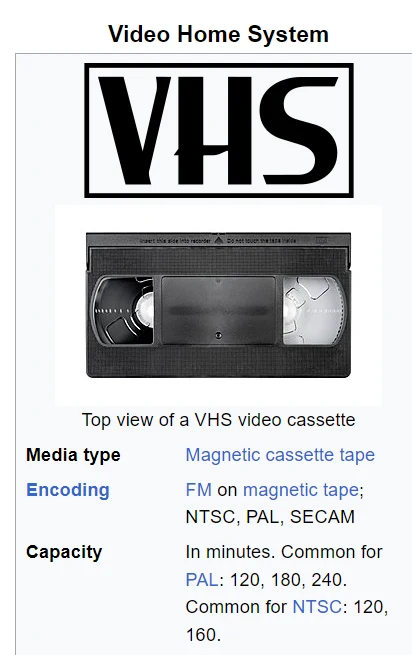
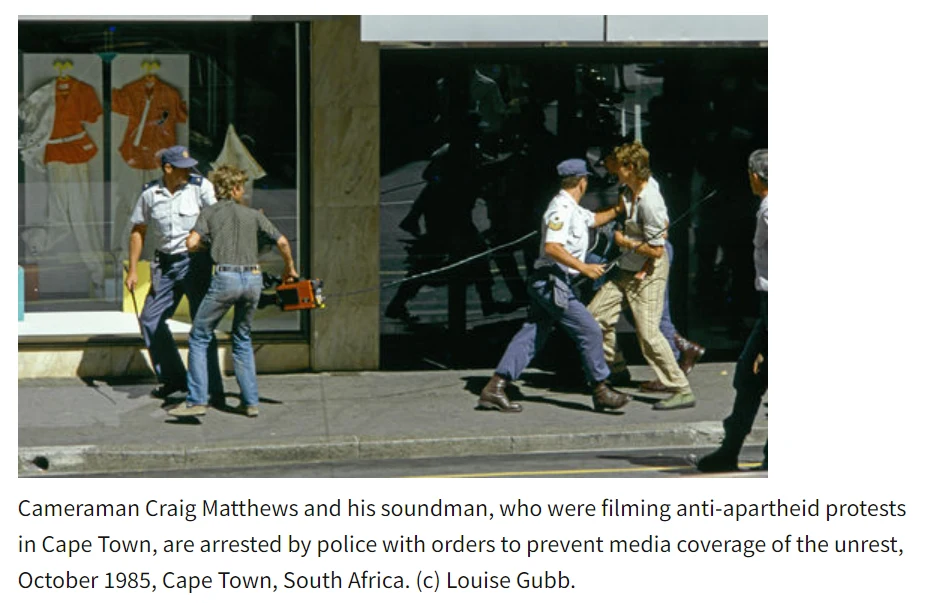

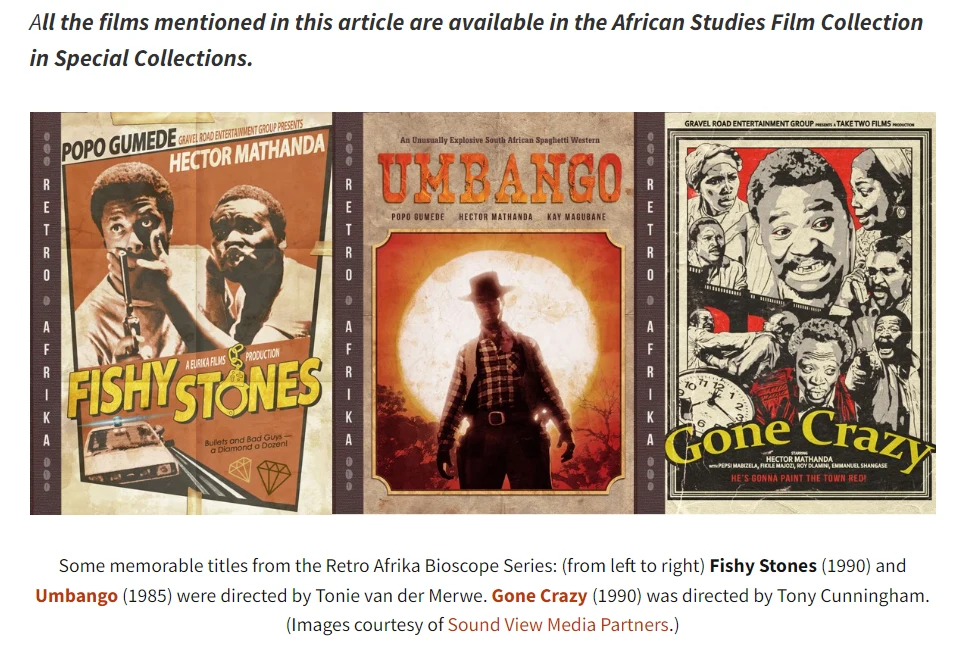
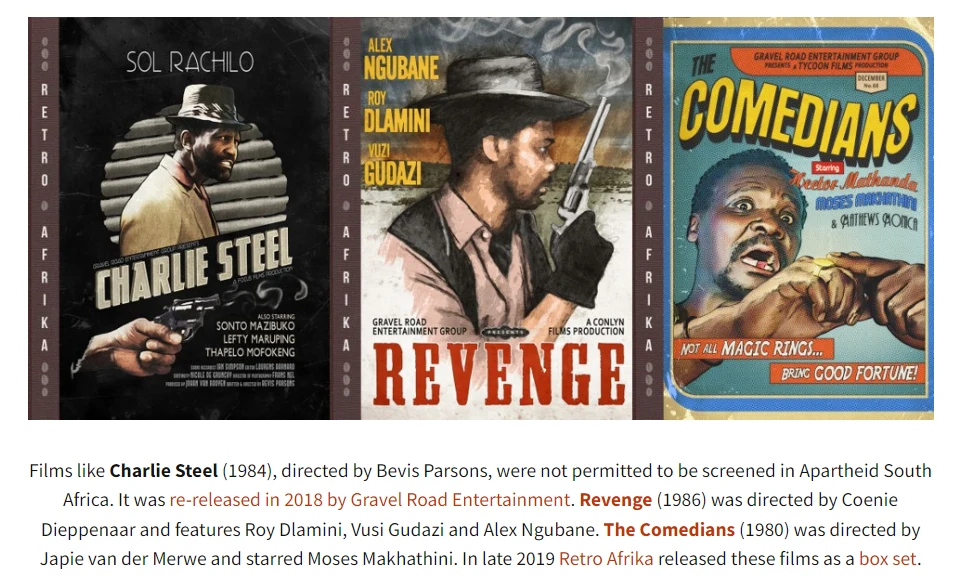
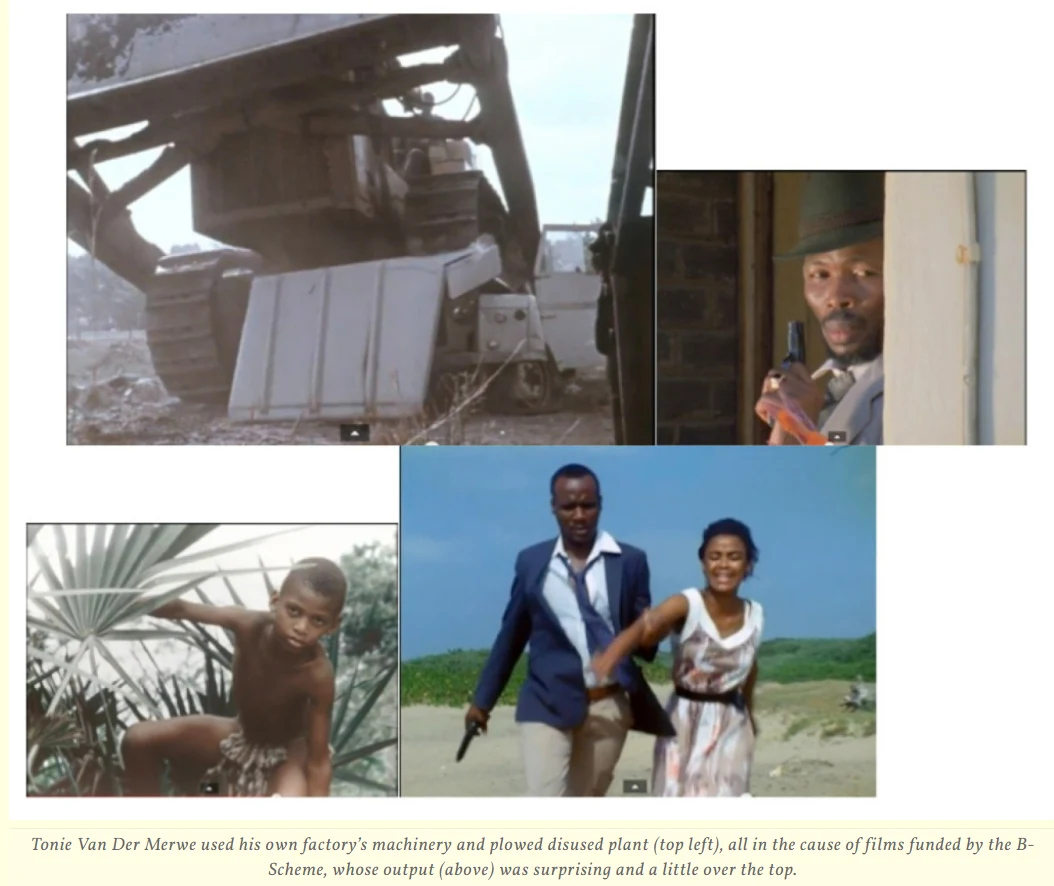
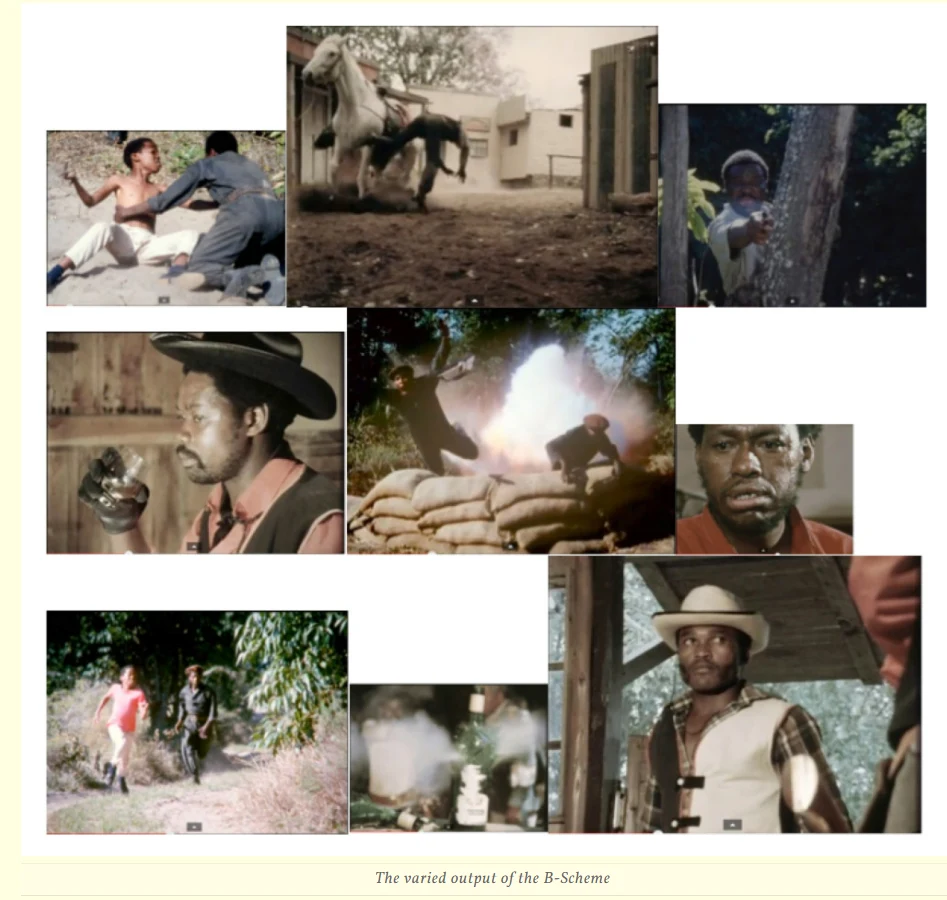



Jump in the discussion.
No email address required.
Darn, I haven't managed to read the first one yet, and here comes the second.
You really seem to have passion for long posts. But while
stalkingbrowsing your profile I noticed you started doing long post no so long ago, curious.Jump in the discussion.
No email address required.
I began end of January
Jump in the discussion.
No email address required.
Did you have a vision of your inevitable demise, that inspired you to create a persistent legacy before it comes to pass?
Jump in the discussion.
No email address required.
It began with me complaining about my difficult life under loadshedding, and other dramatards kept asking me questions.
I think because of my sincerity and honesty, it attracted more questions, probably because i wasn't just another white south african vomiting hate and racism, but answered with wwhat neutrality i could manage
In the end the end, the posts became like a vent, to put in words the madness that i had experienced within m y short lifespan
Jump in the discussion.
No email address required.
The main reason I like your posts is because my only insight of Africa has been from a Westerner's lense. Most media just says SA was racist, now it's not, and nothing else. To see how Apartheid was racist, and how the modern government is also racist in other ways is very enlightening.
Jump in the discussion.
No email address required.
More options
Context
More options
Context
More options
Context
Holy shit. So you’re already working on your December posts?
Jump in the discussion.
No email address required.
no i only work on one at a time, but i store ideas for what i think qualifies as historic drama,
i started with a 5 bullet list, but it keeps growing
Jump in the discussion.
No email address required.
I’m going to search what I can find about South Africans in LATAM. Also, I found out that my maternal surname (most brazilians have 2 surnames, maternal then paternal) is way more common in South Africa than in Germany, among the boers. Which makes sense considering boers are a mix between dutch, germans and french hugeonotes.
Jump in the discussion.
No email address required.
More options
Context
More options
Context
More options
Context
More options
Context
More options
Context